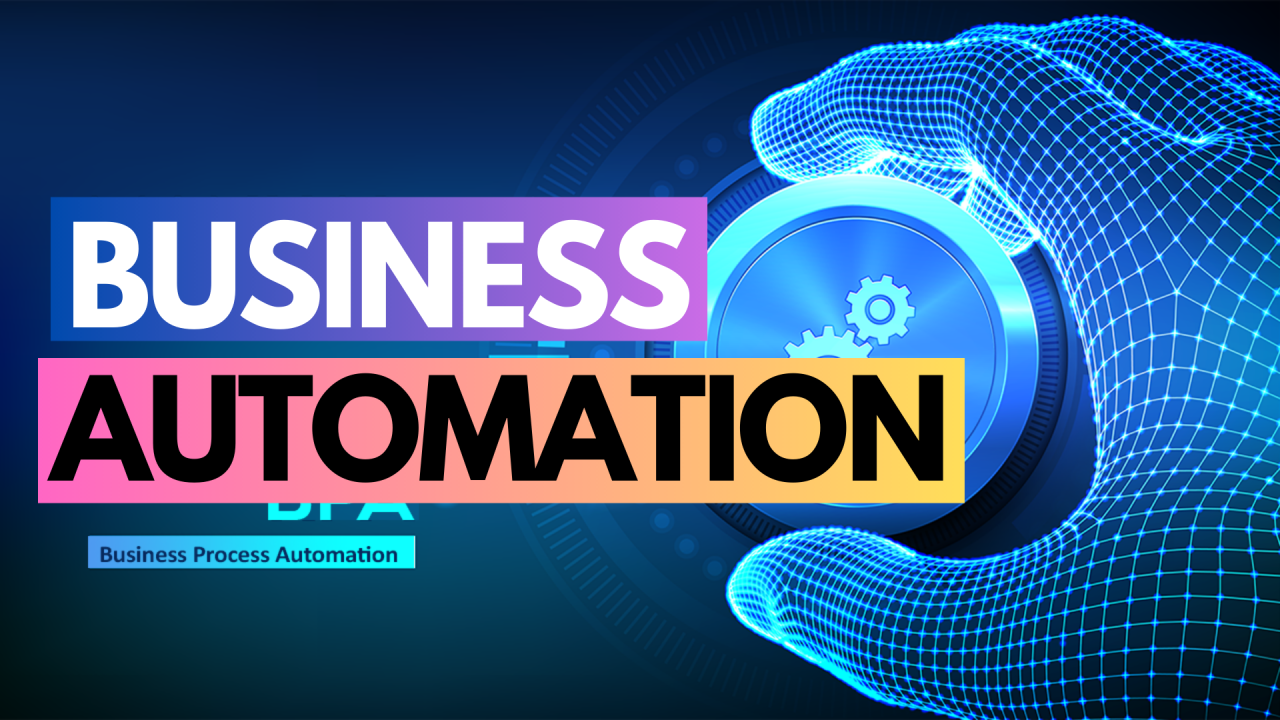Enhancing Operational Efficiency
Automation software is revolutionizing business operations by enhancing efficiency across various functions. By automating routine and repetitive tasks, businesses can streamline their workflows and reduce the time spent on manual processes. This efficiency boost allows employees to focus on more strategic activities that drive growth and innovation.
Reducing Human Error
One of the significant benefits of automation is its ability to minimize human error. Automated systems execute tasks with precision, reducing the likelihood of mistakes that can occur with manual processes. This increased accuracy leads to higher quality outputs and more reliable business operations.
Streamlining Processes
Automation software simplifies complex processes by integrating and automating multiple steps. For example, in customer service, automation can handle inquiries, process orders, and manage follow-ups without human intervention. This streamlining of processes leads to faster response times and a more seamless experience for both employees and customers.
Improving Data Management
Data management is another area significantly transformed by automation software. Automated systems can collect, process, and analyze large volumes of data quickly and accurately. This capability enables businesses to gain valuable insights and make data-driven decisions with greater confidence.
Enhancing Customer Experience
Automation software plays a crucial role in enhancing customer experience. Chatbots and automated customer service systems provide instant responses to inquiries, improving customer satisfaction. Automation also enables personalized communication and follow-up, ensuring that customers receive timely and relevant information.
Increasing Scalability
As businesses grow, automation software helps manage increased workloads efficiently. Automated systems can handle larger volumes of tasks and transactions without additional resources. This scalability allows businesses to expand their operations smoothly and manage growth effectively.
Reducing Operational Costs
Implementing automation software can lead to significant cost savings. By reducing the need for manual labor and minimizing errors, businesses can lower operational costs. Automation also reduces the time required to complete tasks, which translates into more cost-effective operations.
Facilitating Compliance and Reporting
Automation software aids in compliance by ensuring that processes adhere to industry regulations and standards. Automated reporting tools generate accurate and timely reports, simplifying compliance with legal and regulatory requirements. This feature reduces the risk of non-compliance and enhances overall operational transparency.
Empowering Workforce
By automating routine tasks, employees are freed from repetitive work and can focus on more meaningful and strategic activities. This shift not only improves job satisfaction but also drives innovation and creativity within the workforce. Automation empowers employees to contribute more effectively to the organization’s goals.
Future Trends in Automation
The future of automation software promises even more advancements. Emerging technologies like artificial intelligence and machine learning are expected to further enhance automation capabilities. These innovations will drive more sophisticated automation solutions, enabling businesses to achieve even greater levels of efficiency and effectiveness.
Conclusion
Automation software is transforming business operations by enhancing efficiency, reducing errors, and streamlining processes. By leveraging automation, businesses can improve data management, customer experience, and scalability while reducing costs. As technology continues to advance, automation will play an increasingly vital role in shaping the future of business operations.











